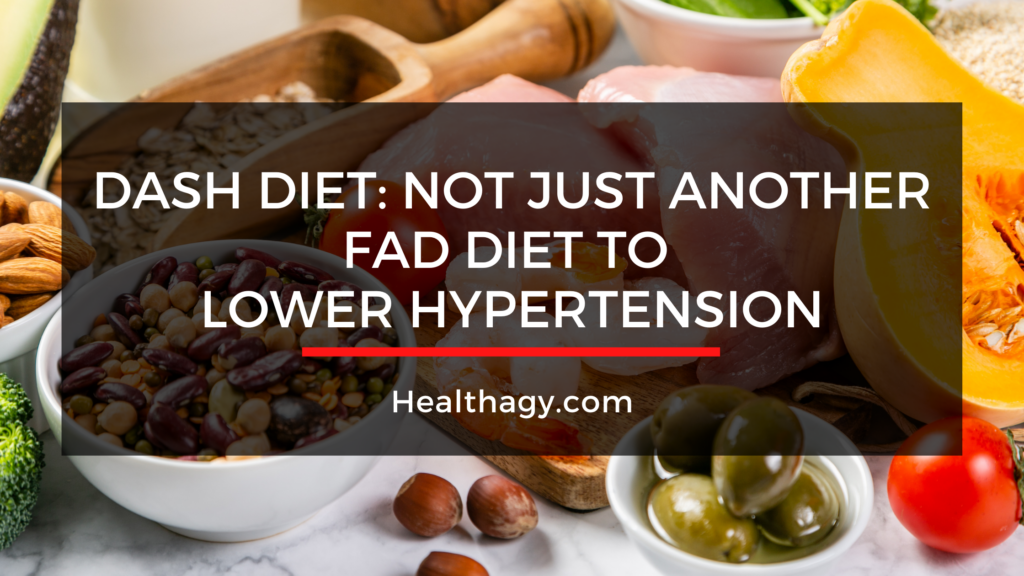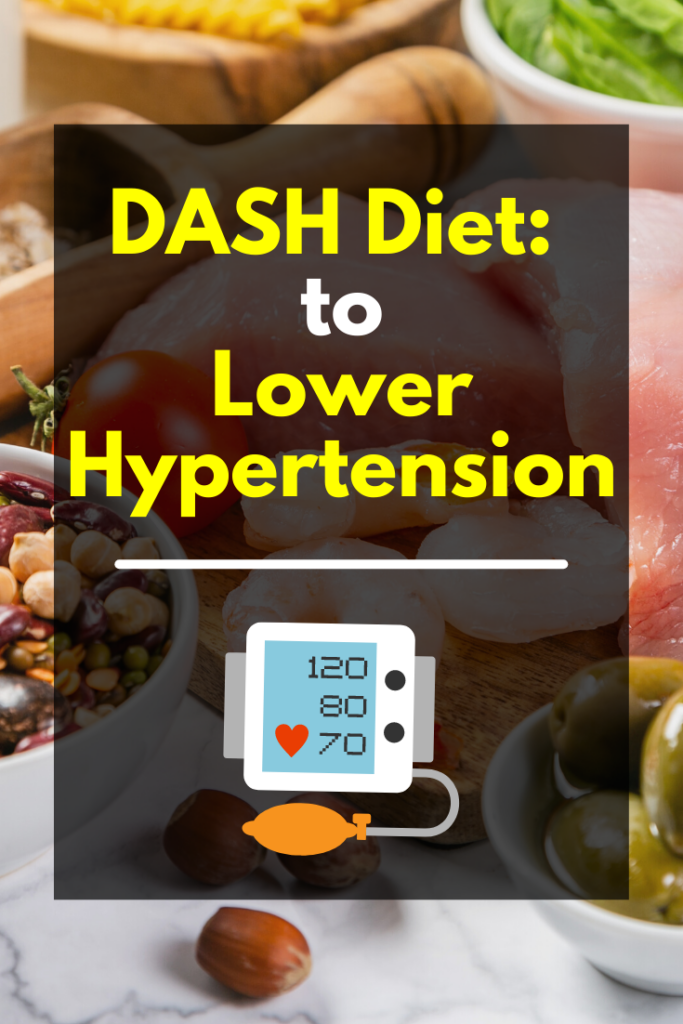
According to the World Health Organization, hypertension also known as high blood pressure is the chronic health condition people are dealing with most worldwide. If you are or your loved one is one of the 1 billion people affected by hypertension you may be looking for a realistic diet that has been proven effective over time to help lower blood pressure. The Dietary Approaches to Stop Hypertension more commonly known as the DASH diet was designed specifically for those looking to lower blood pressure without medication.
This post will cover what the DASH diet is, why it was developed and found to be beneficial for lowering hypertension, what foods to eat and what foods to avoid on the DASH diet.
What is the DASH Diet?
The DASH diet was developed by the National Institute of Health’s National Heart, Lung, and Blood Institute (NHLBI) developed DASH to prevent and treat high blood pressure. Studies have shown that the DASH diet lowers blood pressure and LDL cholesterol over time, reducing health risks. Some have experienced a lowering of their blood pressure by a few points after two weeks of consistency on the DASH diet.
The overall approach of the DASH diet is eating a balanced diet by consuming less salt and more real foods. The DASH diet is a consistently top-rated diet by experts, US News has rated it the #1 Best Heart-Healthy Diet (tied with the Mediterranean diet). The DASH diet is not a fad diet, but rather a healthy eating plan that leads to a long term healthy and sustainable lifestyle change.
The standard DASH diet recommends you consume no more than 2,300 milligrams (mg) of sodium a day. There is also a lower sodium option in which you consume no more than 1,500 mg of sodium per day. It’s best to consult your doctor on how much sodium is appropriate for your body.
Foods to Eat (Based on a 2,000 calorie/day diet)
- Vegetables (4-5 servings/day)
- Fruits (4-5 servings/day)
- Dairy Foods– Low-fat or fat-free; make sure to check sodium levels (2-3 servings/day)
- Whole grains– such as foods labeled 100% whole grains or whole wheat, brown rice, oats (6-8 servings/day)
- Fats– focus on monosaturated fats, saturated fat should be minimal, extra virgin olive oil and avocados are great choices (2-3 servings/day)
Foods to Eat in Moderation
- Lean Meat, poultry, fish- (1, 6oz portion or less/day)
- Nuts, seeds, legumes (4-5 servings/week)
- Sweets- limit processed sugar treats to less than 5 servings/week. One serving is 1 tbsp of sugar or a 1/2 cup sorbet. Aim for low-fat or non-fat treats and try opting for fresh fruit or low-fat/fat-free frozen yogurts instead.
Foods to Avoid
- Refined grains- think white flour and processed foods
- Trans Fat avoid
- Sugar- less sugar, especially processed is always better. Look for natural sugars when choosing sweet treats like maple syrup.
Herbs and sodium-free spices are a great replacement for salt in foods and a great way to add yummy flavoring to each and every meal!
You May Also Like:

Karla Kueber is a Certified Evidence Based EFT Practioner and Health Coach, with a double Masters Degree in Education. She works with people to overcome emotional eating, curb cravings, and overcome resistance to eating new healthy foods. You can learn more about coaching with her here.